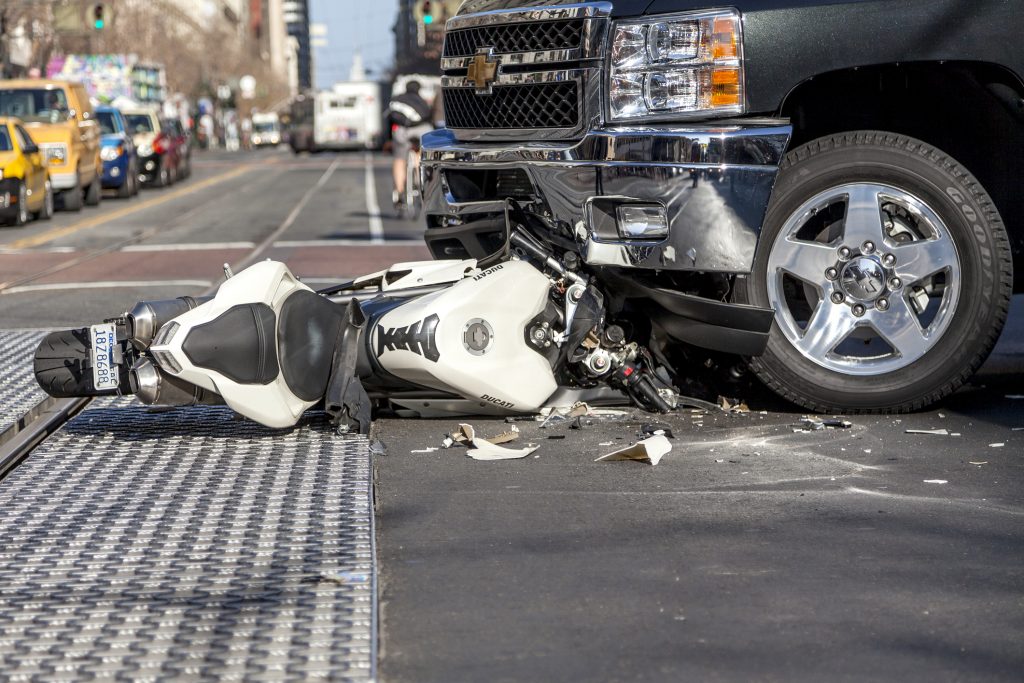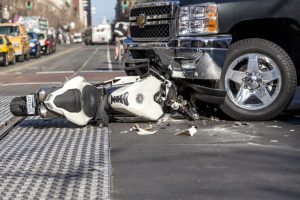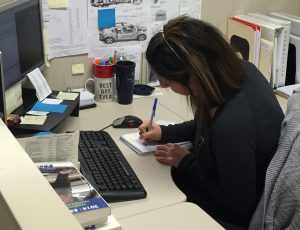

**Guidelines for Reaching Out to an Attorney After a Motorcycle Crash**
Motorcycle crashes can be distressing and daunting occurrences, frequently resulting in considerable physical, emotional, and financial consequences. Following such an event, contacting an attorney can be a vital action to guarantee your rights are safeguarded and that you obtain the compensation you are entitled to. Here are some recommendations to assist you in the process of reaching out to an attorney after a motorcycle crash.
**1. Prioritize Your Health and Safety**
Before you get in touch with an attorney, ensure that you and any other individuals involved receive adequate medical care. Your well-being should always come first. Record any injuries and adhere to medical recommendations to support your recovery.
**2. Gather and Preserve Evidence**
Collect as much evidence as possible from the scene of the crash. This includes taking pictures of the accident site, your motorcycle, any additional vehicles implicated, and your injuries. Get contact details from witnesses and jot down observations about the conditions during the accident, such as weather and road circumstances.
**3. Obtain a Police Report**
Reach out to law enforcement to inform them of the accident and secure a copy of the police report. This document can serve as a crucial piece of evidence when constructing your case, as it offers an official account of the occurrence.
**4. Avoid Admitting Fault**
Be careful about your statements at the scene of the crash and afterwards. Refrain from admitting fault or making comments that could be construed as accepting liability. Such statements might be used against you in the future.
**5. Contact an Attorney Without Delay**
Timing is critical when managing legal issues. Get in touch with an attorney as soon as you can after the crash. Early legal involvement can aid in preserving evidence, ensuring adherence to legal timelines, and offering advice on dealing with insurance companies.
**6. Choose the Right Attorney**
Select an attorney who specializes in motorcycle crashes or personal injury law. Seek someone with a solid history of managing similar cases and who is knowledgeable about the specific laws and regulations applicable in your state.
**7. Prepare for Your Initial Consultation**
Before your first meeting with an attorney, gather all pertinent documents and information. This includes the police report, medical records, insurance policies, photographs, and any communication with insurance companies. Being well-organized will assist your attorney in evaluating your case more effectively.
**8. Understand the Fee Structure**
Discuss the attorney’s fee arrangement during your initial consultation. Many personal injury attorneys operate on a contingency fee basis, which means they are compensated only if you prevail in your case. Clarify any supplemental costs that may arise throughout the legal process.
**9. Communicate Openly and Honestly**
Maintain candid and straightforward communication with your attorney. Share all the facts and details concerning the crash, even if they appear unfavorable. Complete disclosure enables your attorney to construct the strongest possible case on your behalf.
**10. Follow Legal Advice**
Once you have engaged an attorney, adhere to their advice and direction during the legal proceedings. They possess the expertise to navigate the complexities of your case and will strive to achieve the best possible result for you.
By adhering to these recommendations, you can ensure that you take the right steps in contacting an attorney following a motorcycle crash, ultimately safeguarding your rights and interests during a challenging period.






